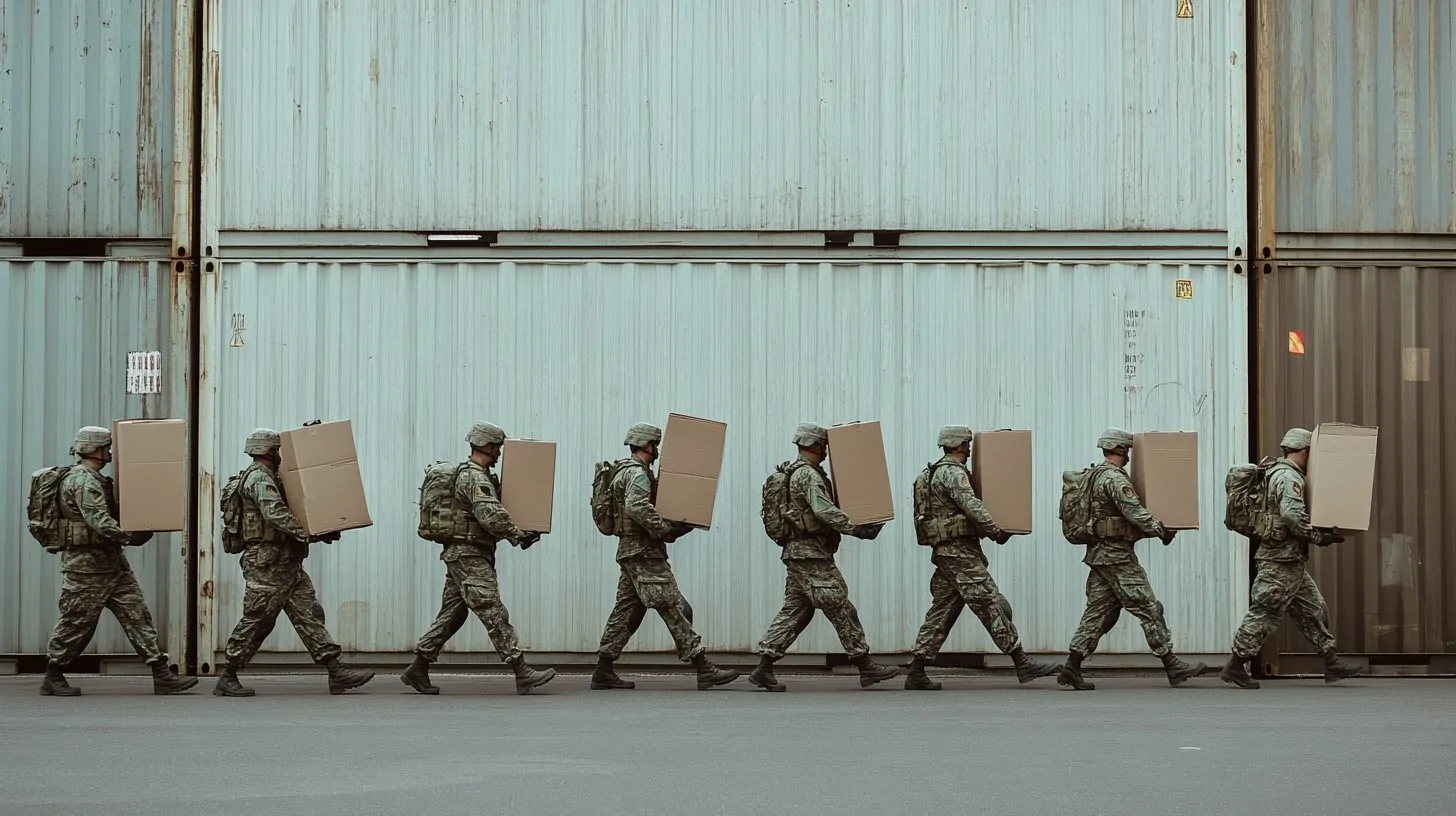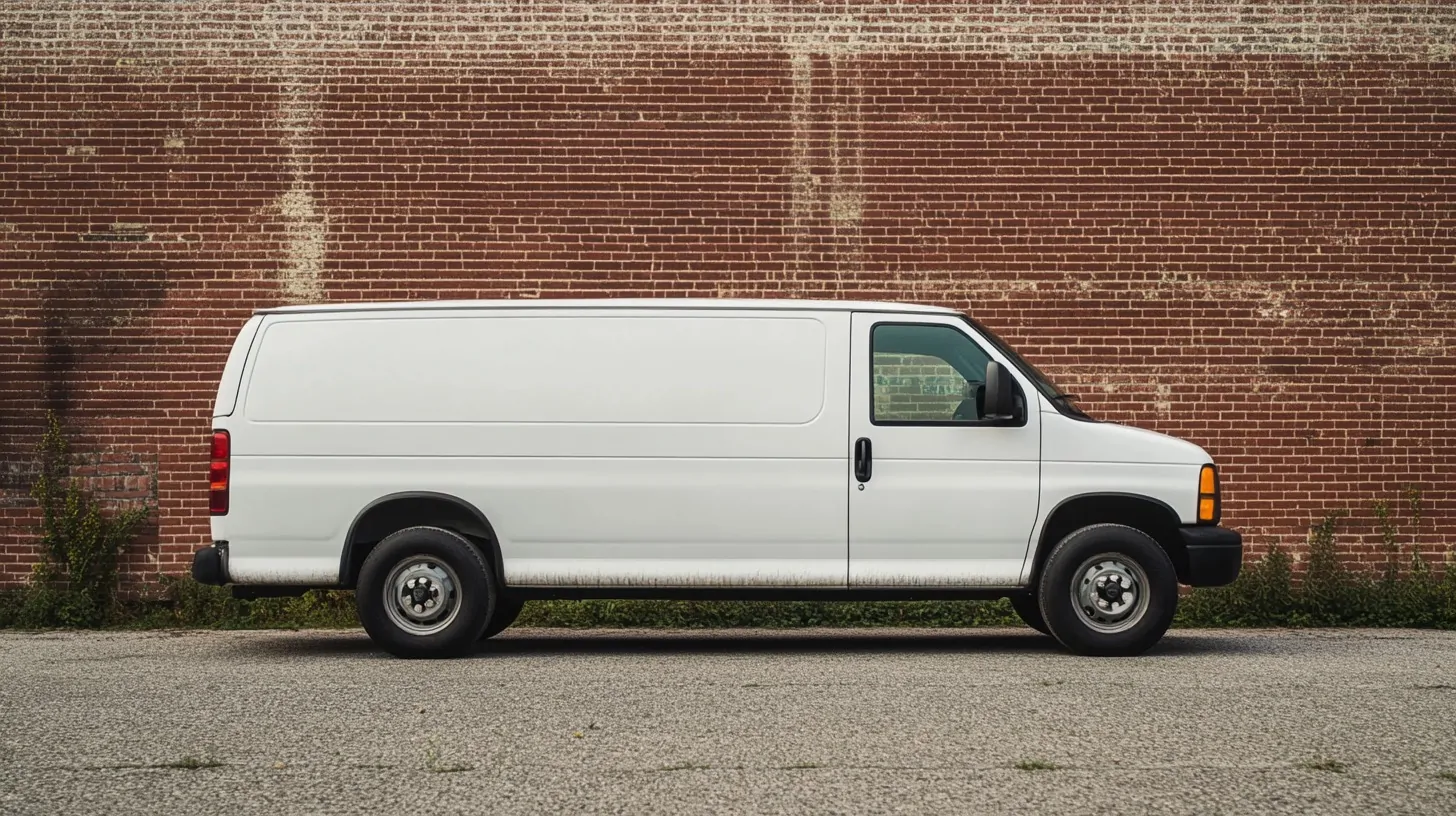Permanent Change of Station (PCS) moves are a crucial aspect of military life, requiring precision, planning, and the correct use of entitlements to ensure a smooth transition.
These moves are not only about relocation but also about efficiently managing resources and responsibilities.
By addressing the entitlements, what is covered, and how to claim benefits, military members can reduce stress and focus on their new assignments.
Table of Contents
ToggleWhat Do PCS Entitlements Cover?
PCS entitlements serve as a lifeline for military families, providing financial and logistical support during relocations.
These benefits vary based on rank and the type of move but aim to ease the burden of transitioning to a new duty station.
- Weight Allowances for Household Goods: Weight limits differ by rank and family size. Staying within the prescribed weight can prevent out-of-pocket expenses.
- Temporary Lodging Expense (TLE): This allowance helps cover lodging costs during domestic moves, up to a specified number of days.
- Dislocation Allowance (DLA): Offered to offset the costs of setting up a new household.
Specific Item Transport:
- Pets and Firearms: Moving these requires adherence to strict guidelines, especially for OCONUS relocations.
- Professional Gear: Military-specific equipment, known as Pro-Gear, has separate weight limits to accommodate mission-critical needs.
Knowing exactly what these allowances and restrictions are ensures efficient planning and proper utilization of benefits.
Pre-Move Preparations

Effective preparation is crucial to ensuring a smooth PCS move.
It involves several steps, starting with reviewing orders and receiving counseling, selecting the appropriate moving services, and considering financial options like advance payments.
Each step contributes to reducing stress and avoiding mistakes during relocation.
Orders and Counseling
PCS orders provide detailed instructions for the move, including timelines, reporting dates, authorized entitlements, and any special considerations. Understanding these details is vital for efficient planning.
- Reporting dates and timelines.
- Authorized allowances (e.g., weight limits, temporary lodging).
- Special instructions for OCONUS moves, such as customs requirements.
- Contact details for support offices.
Mandatory PCS counseling ensures service members fully understand their orders and available resources. This session typically involves:
- Guidance on choosing between moving options.
- Information on reimbursement processes and documentation requirements.
- Addressing questions or concerns about the move.
Moving Services
Selecting the right moving service is a critical decision. Military members have two primary options:
1. Military-Arranged Move:
Managed by the military using contracted transportation providers. Offers convenience but may require flexibility in scheduling.
2. Personally Procured Move (PPM):
Allows service members to manage the move themselves. Potential for reimbursement, which can lead to extra income if costs are managed effectively.
The Defense Personal Property System (DPS) is a valuable tool for planning and execution.
- Weight estimation tools to avoid overages.
- Scheduling and tracking services.
- Access to resources and FAQs for a better move experience.
Claiming PCS Benefits

The process of claiming PCS benefits requires attention to detail, proper documentation, and timely submission. Ensuring that all required steps are followed helps service members fully utilize their entitlements and avoid unnecessary delays or complications.
Submitting a Travel Voucher:
The DD Form 1351-2 is essential for securing reimbursements for expenses incurred during a PCS move. Proper completion and submission of this form ensure that claims are processed efficiently.
Required Attachments
- PCS orders to verify authorization.
- Receipts for expenses such as lodging, meals, and transportation.
- Proof of payment for any costs eligible for reimbursement.
Inconvenience Claims
When the Transportation Service Provider (TSP) fails to meet agreed pickup or delivery schedules, service members may be eligible to file an inconvenience claim.
These claims compensate for expenses such as out-of-pocket costs for temporary lodging, food, or essential items.
- Claims apply to situations where the delay results in significant inconvenience.
- Receipts and detailed documentation of costs incurred during the delay must be provided.
- Filing an inconvenience claim ensures that unexpected disruptions do not lead to financial strain.
Special Benefits
Certain PCS-related expenses qualify for additional reimbursement.
One example is the reimbursement of spouse license or certification transfer fees, an important entitlement for military families moving to a new state or country.
- Proof of payment for license transfer fees.
- Evidence that the expense was necessary due to the PCS move.
Additional Benefits to Consider:
- Reimbursement for storage of household goods during long-term assignments.
- Transportation costs for pets or other specific items as outlined in PCS orders.
Managing Challenges During the Move

Relocations often come with unexpected challenges, but proactive preparation and a strategic approach can significantly ease the process.
Addressing common issues like weight overages and handling loss or damage claims is essential to ensure a smooth PCS experience.
Dealing with Weight Overages
Weight allowances for household goods vary depending on rank and family size. Exceeding these limits can lead to out-of-pocket expenses, making it essential to stay within the authorized weight.
- Use online weight calculators or apps to estimate the total weight of your belongings before the move.
- Declutter your home by selling, donating, or discarding items you no longer need.
- Separate Professional Books, Papers, and Equipment (Pro-Gear), which are typically exempt from weight limits, and ensure they are packed and documented separately.
- Weigh high-value or heavy items like furniture and appliances individually to determine if they are worth moving.
Filing Loss or Damage Claims
Despite careful planning, items may get damaged or lost during transit. Filing claims promptly and correctly ensures compensation and recovery for affected goods.
- Document all items with photos or videos before the move to establish their condition.
- Create a detailed inventory of all packed belongings, ensuring each box is labeled clearly.
- Report loss or damage immediately through the Defense Personal Property System (DPS) to initiate the claims process.
- Retain receipts and purchase records for high-value items, as these may be required for reimbursement.
Resources for Assistance
Navigating a PCS move can be complex, but the military offers extensive support to ensure service members and their families are equipped to handle the process effectively.
A variety of resources are available to address logistical, financial, and personal challenges during relocations.
Military and civilian support services play an essential role in the success of PCS moves. Local transportation offices provide direct assistance with planning and executing the relocation.
These offices are staffed with knowledgeable professionals who guide service members through the details of moving, such as scheduling transportation and addressing specific needs.
Agencies such as relocation assistance services are also valuable, offering tailored advice to help families address challenges specific to their circumstances.
Online tools have become indispensable in streamlining the PCS process. These resources help families estimate weight allowances, plan packing strategies, and prepare documentation for claims and reimbursements.
Housing resources are another critical component, allowing service members to search for housing options that meet their needs and budget. These tools save time and effort, ensuring that service members can focus on other aspects of their transition.
The Bottom Line
PCS moves, while challenging, are manageable with proper planning and use of available resources.
Leveraging entitlements, staying organized, and seeking assistance pave the way for a smooth transition to the next duty station.
Military families are encouraged to utilize the tools and support provided, ensuring a successful relocation experience.
Related Posts:
- VA Disability 5-Year Rule Explained - How It Affects…
- Your Guide to the VA Disability Rates 2025 and Changes
- Your Guide to Air Force Reserve Requirements for 2025
- Can You Take Legal Action Against the Military -…
- Ballistic Stretching - Benefits, Risks, and Best Practices
- Joining the Coast Guard Reserve - Requirements and Benefits







